-

HISTORY OF ARCHITECTURE, Part II
This lecture course overviews architects, buildings, movements and theories around the globe from the age of enlightenment till the present. Structured around major world historical events, and intellectual and technological leaps of human history, the class aims to give a sense of chronology and geography to the students, as well as to better equip them for a socially, geopolitically and environmentally conscious globalized architectural practice.
-

BUILDING EXHIBITIONS IN THE AGE OF REPARATIONS
This Practicum-seminar explores a critical history of modern architecture through architectural exhibitions, including venues with drawings, photographs and models in a gallery space; 1:1 scale structures built for display; buildings in world expositions; and building exhibitions as large city segments.
-

CLIMATE : HISTORY : ARCHITECTURE
This seminar explores the multidirectional and multilateral relations between the three words in its title—climate : history : architecture. It not only reviews the role of climate in the history of architecture, but also exposes the role of architecture in the history of climate (i.e. climate change).
-

JUSTICE : HISTORY : ARCHITECTURE
Is it a misfortune or an injustice to be subject to floods? What about earthquakes, famines, wars, poverty, segregation, or to be a woman? This seminar encourages close reading of a selection of texts that have contributed to art and architectural history, particularly emphasizing the ongoing discussions on the relation between architecture and justice.
-

CRITICAL AND GLOBAL HISTORY OF ART AND ARCHITECTURE
This methods seminar encourages close reading of a selection of texts that have contributed to art and architectural historiography in the last decades, particularly emphasizing the ongoing discussions and multiple trajectories of critical and global histories.
-

OPEN ARCHITECTURE
This course will focus on architectural practices and thought experiments toward an “open architecture” throughout the twentieth and early twenty-first centuries. In this course, open architecture is defined as the translation of a new ethics of hospitality into architecture.
-

WRITING ARCHITECTURE
This methods seminar encourages close reading of a selection of foundational texts that have constructed art and architectural history as a discipline. It equips students with the basic skills of writing different formats of texts about architecture, including book proposals and reviews, surveys, scholarly articles, journalistic essays, exhibition catalogues and wall texts, conference presentations, and tweets.
-

MIGRATION AND DISCRIMINATION
This seminar proposes to triangulate three cities from three different countries to understand the connections between migration and discrimination. Istanbul, Lahore, and Berlin, in the context of Turkey, Pakistan, and Germany, will be the foci of analysis through the perspective of urban humanities fields such as architecture, visual arts, urbanism, and literature.
-
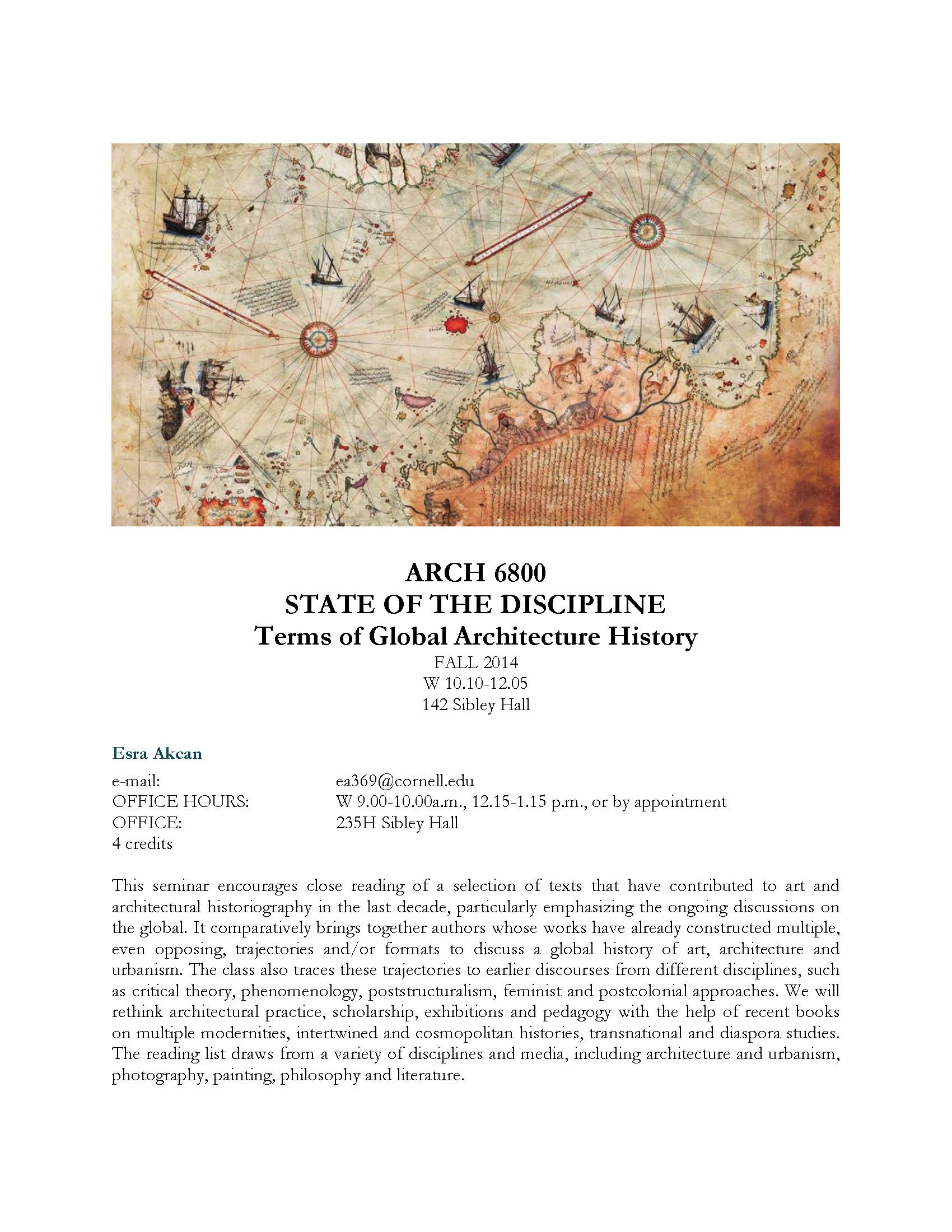
TERMS OF GLOBAL ARCHITECTURE HISTORY
This seminar encourages close reading of a selection of texts that have contributed to the art and architectural history in the last decade, particularly emphasizing the ongoing discussions on the global
-
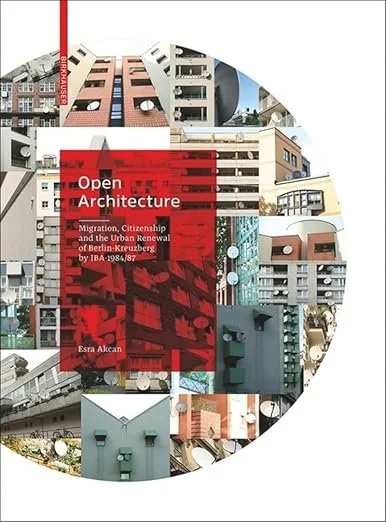
IMMIGRATION AND IBA-BERLIN
Taught at Berlin-Humboldt University, this seminar explored the correlation between waves of immigration and modern visions of housing throughout the twentieth century. It was one of the seminars that led to the publication of Open Architecture.
-
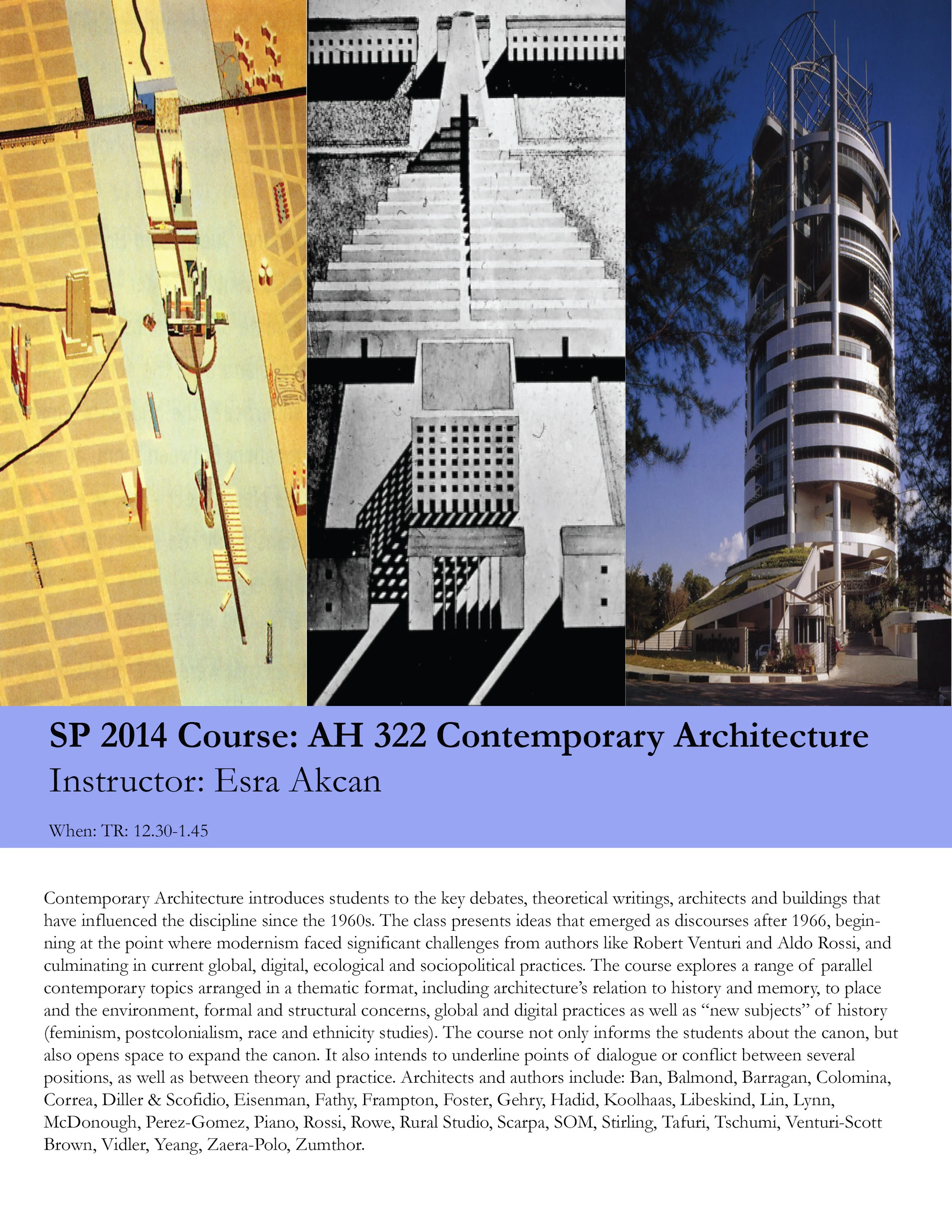
CONTEMPORARY ARCHITECTURE
Contemporary Architecture introduces students to the key debates, theoretical writings, architects and buildings that have influenced the discipline since the 1960s. The class presents ideas that emerged as discourses after 1966, beginning at the point where modernism faced significant challenges, and culminating in current global, digital, formal, ecological and sociopolitical practices.
-

HOUSING IN THE METROPOLIS AND THE GLOBAL CITY
In a world where the urban population has outnumbered the rural one, cities are confronted with incalculable and unpredictable growth, and the architects with the difficulties and opportunities of working in a milieu of unorganized land use and ad hoc development. In the wake of rapid and random transformations, housing remains one of the major quandaries of world cities today.
-

TERMS OF GLOBAL ART HISTORY
This seminar encourages close reading of a selection of texts that have contributed to global art history.
-

TOWARD NEW HISTORIES OF THE VISUAL ARTS
This seminar encourages close reading of a selection of books that have contributed to art history after the 1960s and differentiating their methods.
-
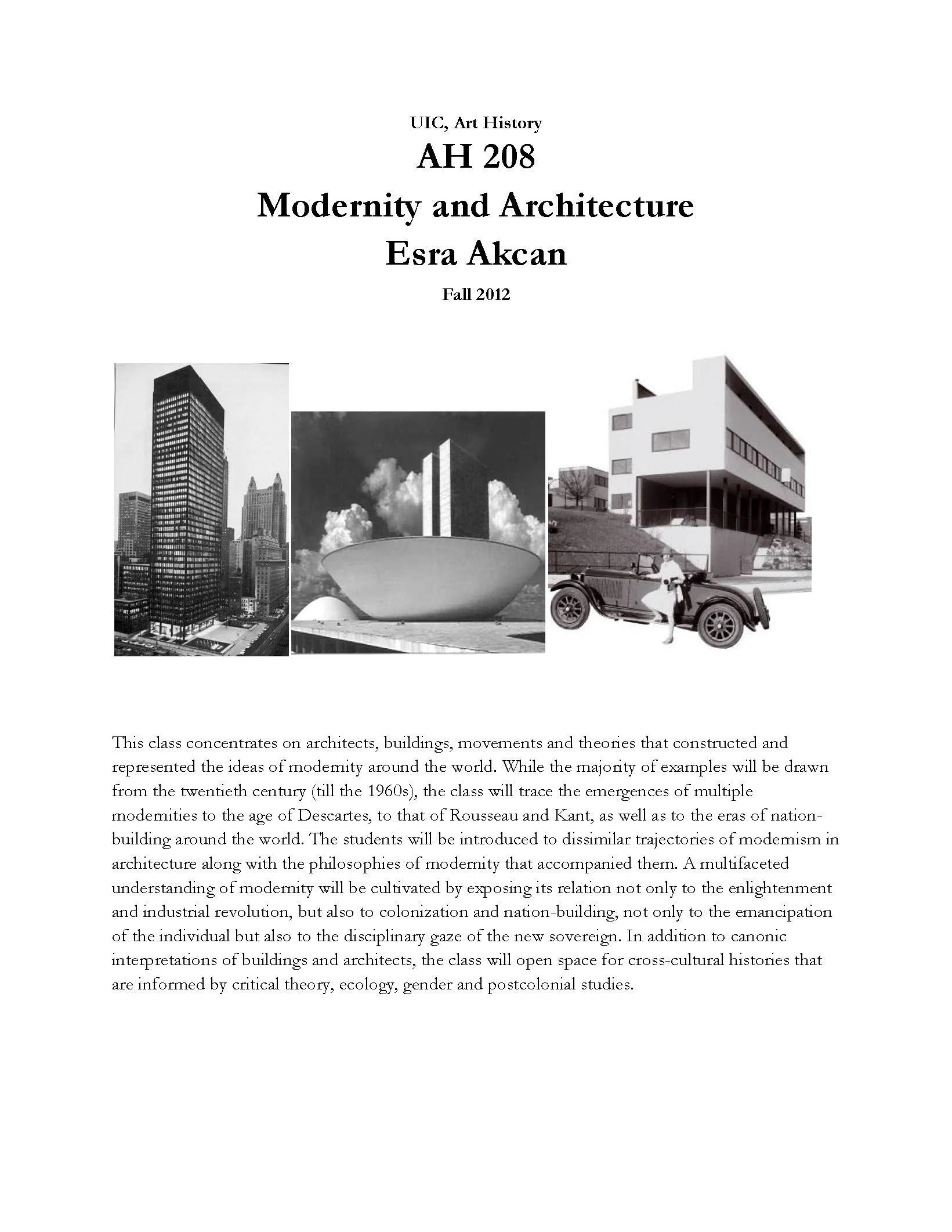
MODERNITY AND ARCHITECTURE
This class concentrates on architects, buildings, movements and theories that represented the ideas of modernity around the world. It traces modernities to the age of Descartes, to that of Rousseau and Kant, as well as to nation-building around the world.
-

ARCHITECTURE OF THE COSMOPOLIS
This seminar discusses the contemporary architecture-culture of world cities, by raising epistemological and ethical questions in approaching the built environment of the so-called ‘non-Western’ cities. Of particular interest is the necessity to redefine the task of the architect in the context of urban apartheid, rapid growth of unofficial settlements, political consequences of global flows on disadvantaged populations, and geographical distribution of power under globalization.
-
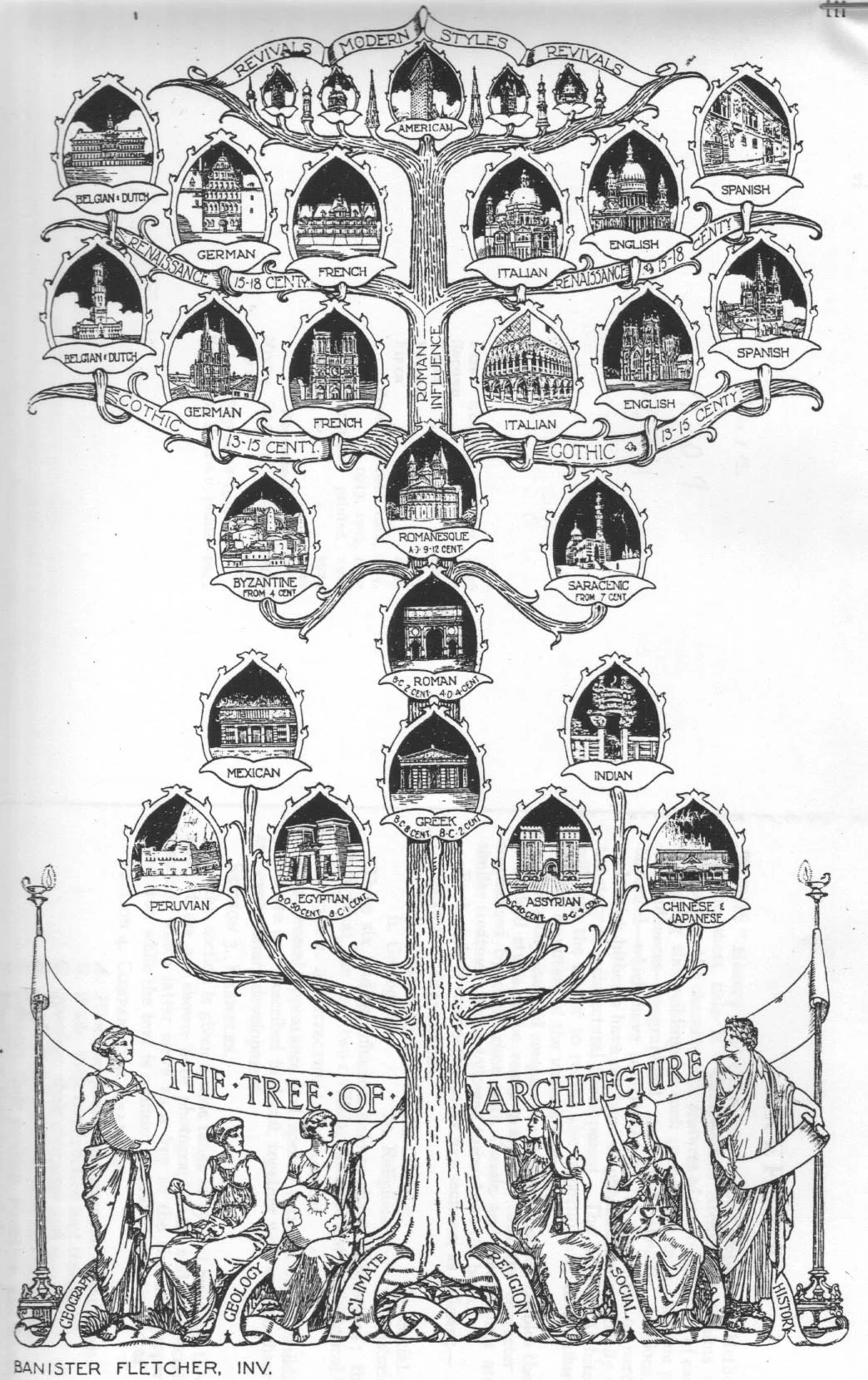
EAST BY EAST WEST
Taught at Columbia University during the early 2000s as a Ph.D. student, the seminar fulfilled the “non-Western architecture” requirement by critically scrutinizing the epistemological weakness and geopolitical violence of the term itself.